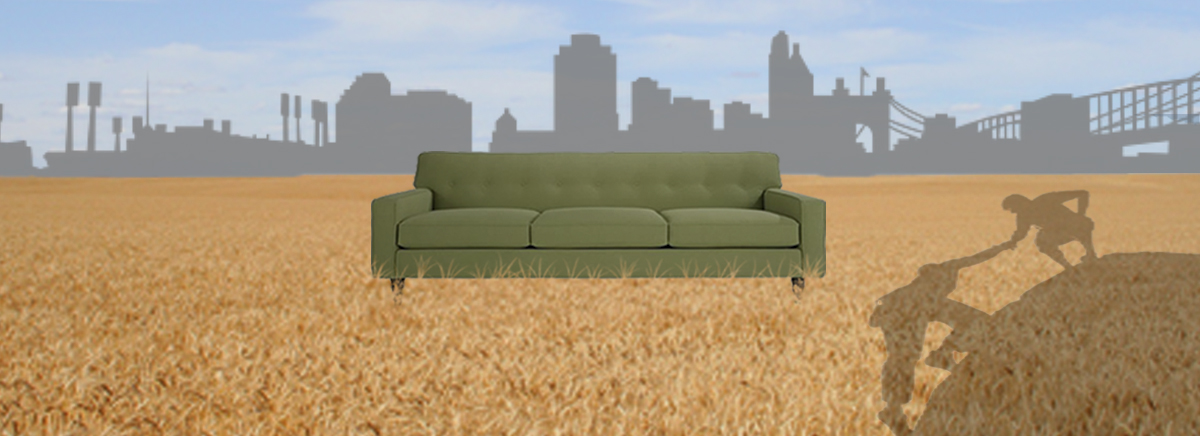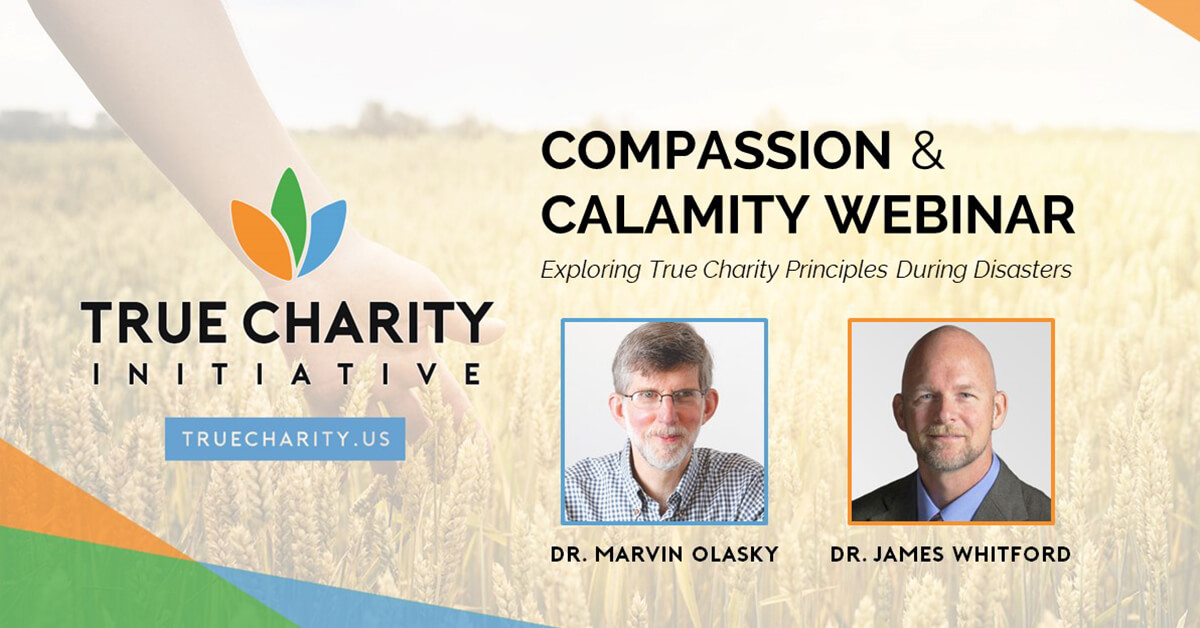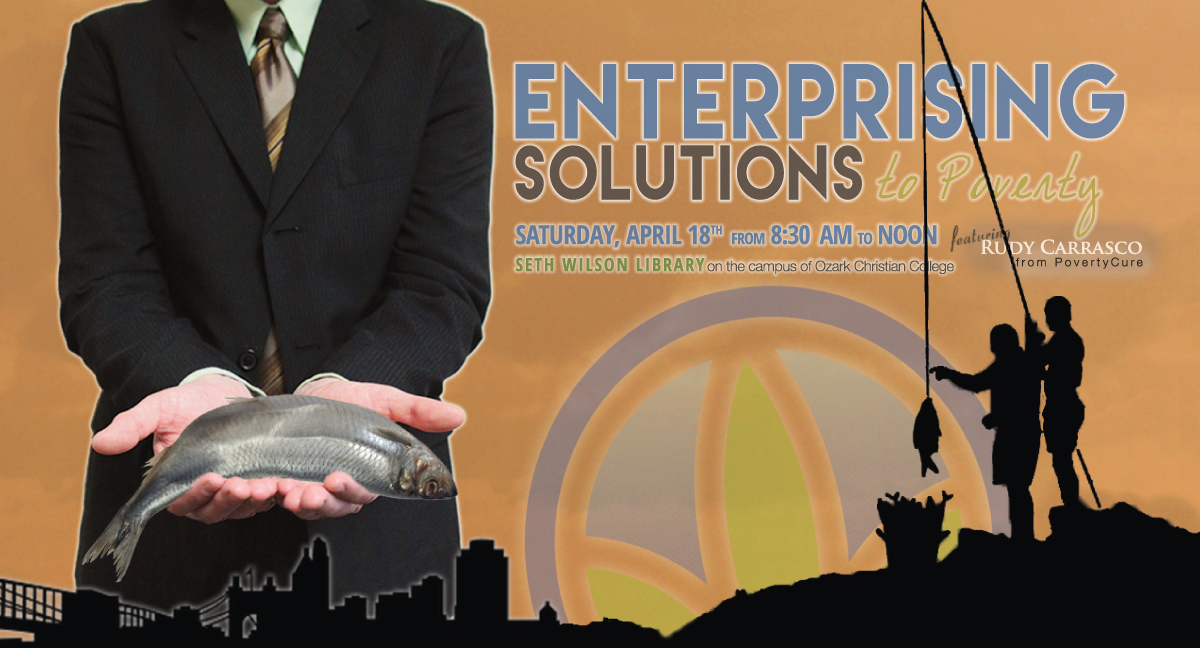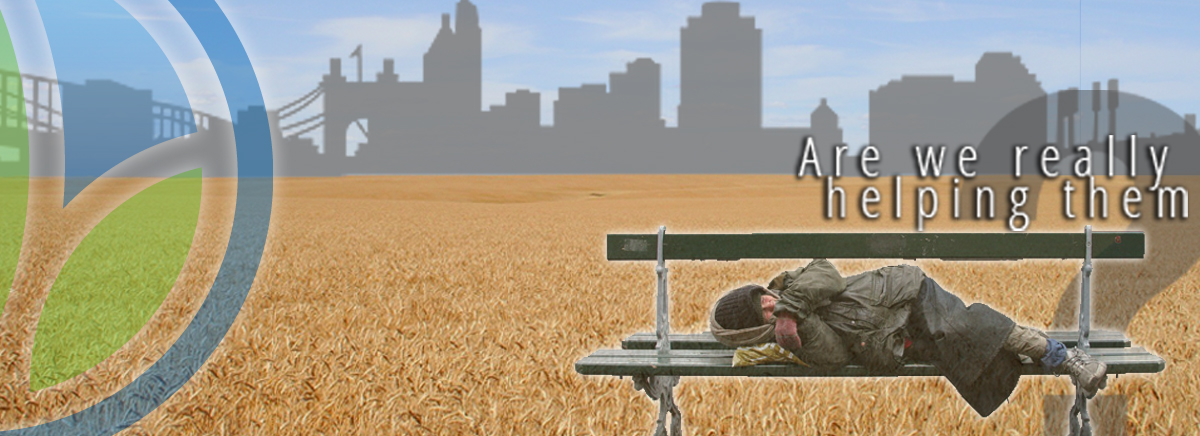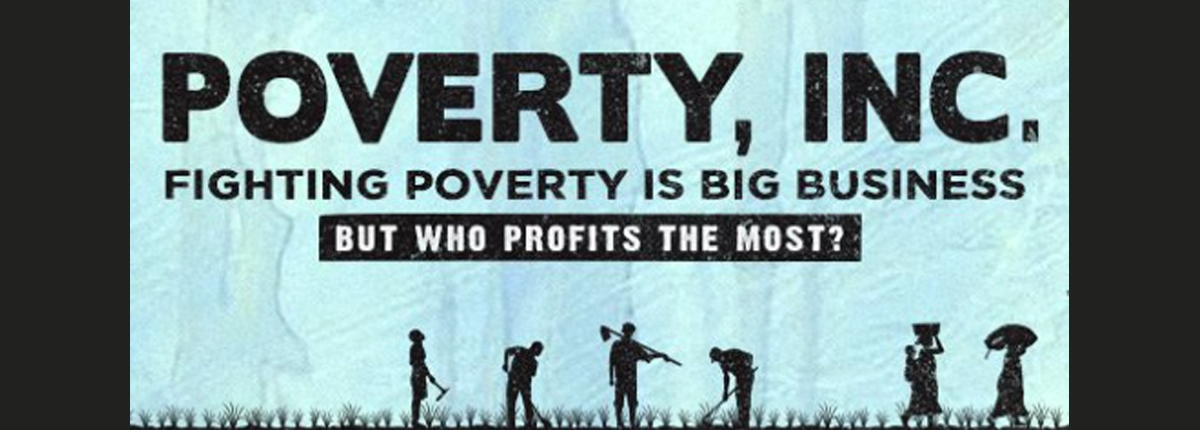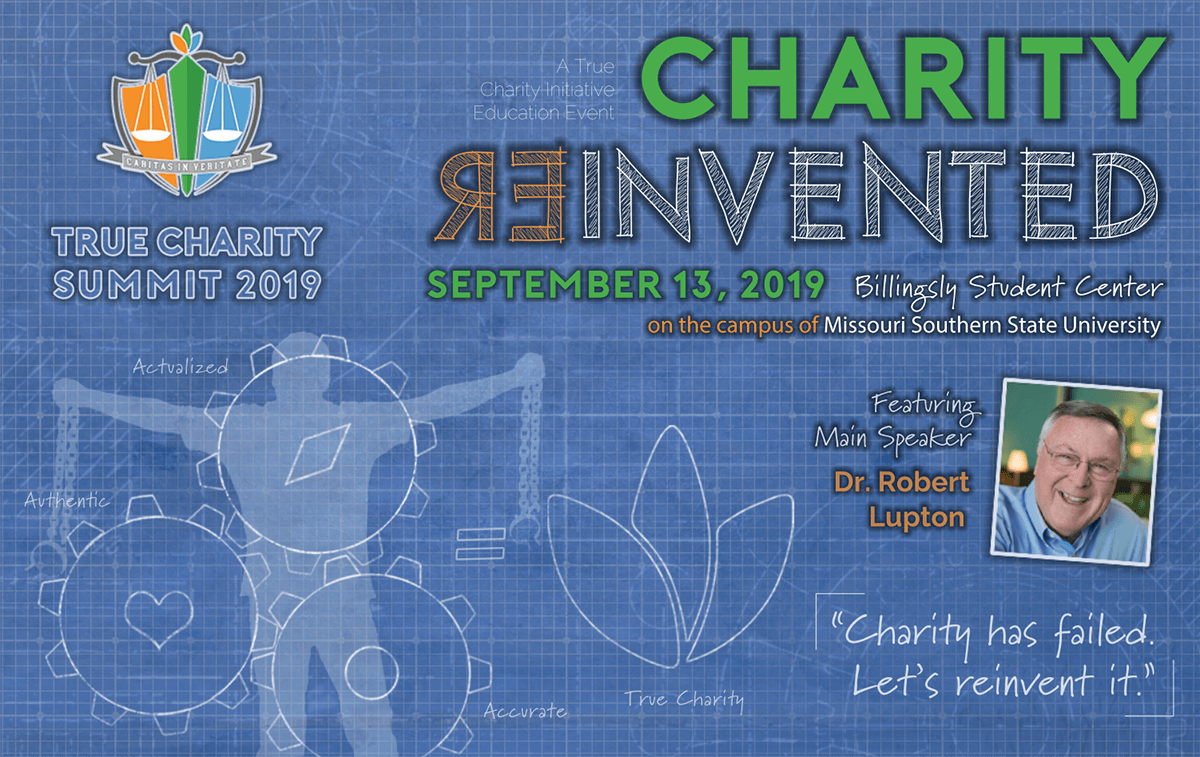From Comfort Zone to True Charity Zones
We all know there’s a problem, but what’s the solution?
Opening Remarks from James Whitford, Watered Gardens Executive Director
Sometimes in our work, we can become so engrossed that we can get lost in the midst of the forest and forget the calling that originally drew us into its middle. So, it’s important for all of us to periodically put again before God our efforts to ensure they are on track with His intent for our lives. I have done that a handful of times over this last year since we launched the True Charity Initiative, asking anew “What is the purpose of this initiative? Why is it we gathered again today? What is it we intend to do and why?”
A tangent of that reflection led me to print the purpose of the Initiative on the back of your folders: To provide just and effective alternatives to state welfare. I’d like to key in on the word “just” for a moment because of its centrality to the Initiative. Scripture is clear that justice is due the poor wanderer, the orphan and the widow. I doubt anyone in this room is disconnected from that truth. However, what I think commonly and easily overlooked is that justice does not have two faces; one that smiles upon the poor but frowns upon the rich. Justice is not benevolent to the destitute but malevolent or malicious to the wealthy. Simply put, justice does not on one hand give by love and on the other hand take by envy. I hope you believe with me that Justice is no more pleased or satisfied at the gift of food for a hungry man than when a hungry man is allowed keep his food (for which he worked.)
When social justice is perverted in this way; when as a society our efforts to aid one take from another, we interrupt God’s intended pathway to the true and restored welfare of mankind. That word welfare, literally meaning to go well or to proceed well, or to fare well should in its purest essence take our thoughts back to the very beginning when Adam and Eve were in the Garden of Eden with God and they fared quite well. Most here would believe with me that it is God’s intent to restore mankind, especially the poor, to that particular state of welfare; that restored wellbeing provided through Christ’s redemptive sacrifice. State welfare, on the other hand, fails to bring the poor into that restored condition for many reasons but one quite blatant and worthy of mention is that which is intrinsic to its objective; the redistribution of wealth. Wealth as material is not only unable to address the condition of man’s depravity, but it is a formative distraction from exercising that which truly helps the poor: compassion; face to face, person to person compassion.
Compassion from the compound Latin “Cum” and “Passus” means literally “to suffer with.” Yet, today the word is used so often in marketing ploys and manipulative tactics that it has become distantly ethereal for most Americans. Yet it is in its true meaning, to suffer with, that we find ourselves moved beyond the sympathy evoked from a mission’s billboard of a starving child to an empathy in which we not only ache for the child but are willing to sacrifice our own welfare for the sake of his, to truly share his suffering. That is compassion.
And so a famous politician was wrong when a few years ago, he eluded that the problems of poverty in America could be solved through “shared prosperity.” But shared prosperity is not the answer. Rather, it is only a byproduct of what God really calls us to, shared suffering. And in that (compassion), as we share the burden of and suffer with the poor, we are moved. As Christ, by that compassion, was moved to feed the multitude, moved to touch the leper, moved to endure the Cross, we too are moved by that same force (compassion) that will, if allowed, bear its intended fruit called charity; charity that when fully employed feeds in more than one way, heals in more than one way and gives life in more than one way.
And that is why we are here. It is not to demean or derail the state nor to judge any person dependent upon the state, but rather refocus on true charity, its causes and effects; but also to understand that there is certainly an ungodly and subversive ploy hidden at the foundation of state welfare; that its redistribution of wealth has nothing to do with true justice and exhibits little concern for the true welfare of the poor.
And that brings us to the focus today: Moving from a comfort zone to a true charity zone, a geographical region in SW Missouri in which privately funded and church-based charity supplants or replaces certain state welfare programs.
As we transition to a video greeting from author Eric Laverentz who will join us live at 2:30, let me leave you with these final comments from an interview with Rwandan Pastor Ruchyana who passionately opposes western welfare or aid sent to his nation. He says, “instead of training job seekers, we train job makers. We need to be able to move from aid to production, from existing to living, and it’s high time we stop telling our people they can’t do it. They can. Yes! They shall do it, in the name of God.”
May we too now with no less enthusiasm for the people we love and serve right here in Joplin say the same: “Yes! They shall do it, in the name of God.”
Effective Compassion vs Blind Charity
Travis Hurley, of Ozark Christian College in Joplin, MO shared a session titled What is True Charity? The following is from that session.
The idea of “True” Charity suggests a “False” Charity exists. This false charity can also be called Blind Compassion or Blind Charity. Both may have good intentions, but they provide very different results.
True Charity is healthy, and results in Dignity and Empowerment for those being served.
False, or Blind Charity is dangerous and perpetuates dependency in those coming for help.
Eric Laverentz, Author Is Caesar Our Savior?
Correction: At 2:44, Eric says that our current unfunded liabilities are at 126 billion. The actual number is 126 trillion.
Event Schedule
- General Session: 1-1:20pm
Opening Remarks by James Whitford - Breakout Sessions: 1:30-2:20pm
What is True Charity? Gain a greater understanding of true social justice, the importance of faith in charity work and how to ensure its effectiveness.
The Tools of True Charity Three tools for our community to realize the outcomes hoped for through charity work: Charity Tracker, JoplinResources.net, and the S.W.O.T. Box assessment tool.
Keeping the Big Picture in Focus Open discussion with a panel of local mission leaders around methods of using Charity Tracker to help empower our clients instead of just “track” them.
What’s Wrong with Democracy? Dr. Rich La Near, finance PhD and previous economics professor explores important aspects of US history and economy to better understand the relationship between direct democracy and the growing welfare state.
General Session: 2:30-3:30pm – Forming a True Charity Zone: A Brainstorming Session Eric Laverentz, author of “Is Caesar Our Savior?” and Missouri State Congressman Charlie Davis brainstorm a geographic zone in which some aspects of welfare are supplanted by privately funded and church-based charity.

